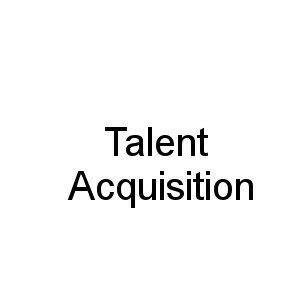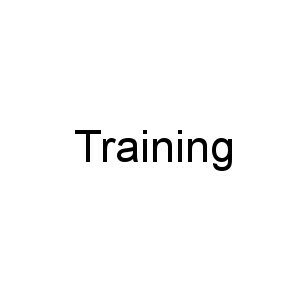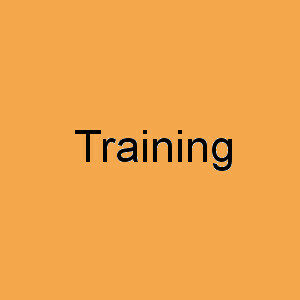Future Manager World - Japan
Planning Future - Acting Present
One single simple Mission: supporting Companies HR needs Worldwide
APAC - EMEA - IMEA - LATAM - USA & North America
Japan

Kevin Naylor joined en world Japan in 2005 as a Consultant. He spent most of his early career as a recruiter supporting Clients and Candidates in Accounting & Finance, Operations, Audit, Risk Management, and Compliance for top global Financial Services firms. He learned directly from Nick Johnston, founder of Wall Street Associates, and owes much to Nick for his success in the industry.
Kevin went on to become Team Manager of the Financial Services Team and weathered the storm through the Global Financial Crisis. He was promoted to Senior Manager in 2011, broadening his coverage to include Accounting & Finance for non-financial firms and IT while also starting up the Legal & Compliance Team. Since then, Kevin has played a number of key roles across en world giving him the opportunity to oversee nearly all of the recruiting business lines including Contract Staffing as well as our APAC offices. His experience also includes a 1-year stint as Vice President of Operations responsible for en world’s internal Finance & Accounting, Human Resources and IT for the region.
From October 2020, Kevin has shifted to yet another new role as Vice President of Business Development. In this role, he is responsible for ensuring the quality of account management for all of en world’s top clients while also building new business relationships to support global clients in the Japanese market.
Originally from Kansas in the United States, Kevin graduated from Pennsylvania State University with an MA in English Language and Literature. He moved to Japan in 1997. Prior to joining en world, he worked as an Assistant Area Manager in Yokohama for the market leader in English language education services where he managed more than 10 schools and nearly 100 English teachers. He is a proficient speaker of Japanese.

Kevin Naylor
Ready to find out more?
Contact us today and talk with our Japan Global Expert!
Planning Future
Capabilities:
Corporate: Entrepreneurial Succession, Managerial Succession, Change Management, Compensation & Benefit Analysis, Management Relocation, International Employer Branding planning
Talent Acquisition: C-Level Executive Search, Middle Management Executive Search, Existing top and/or existing middle potential assessment programs, Pre-employment aptitude and personality testing programming, International Graduate Recruitment Programs
Flexibility: Temporary Management, HRPO Human Resource Process Outsourcing, RPO - Recruiting Process Outsourcing, White Collar Outsourcing, Payroll Calculating
Training - Future Manager Business School
Industries:
Financial: Private Banking, Investment Fund, Banking Technology, Corporate Banking, M&A, Consumer Financing, Mortgage
Industrial: Aeroespacial, Automotive, Agribusiness, Aviation, Chemical, Energy, Building, Manufacturing, Oli & Gas
Hi Tech: Software Networking, Telecommunications, Platforms
Roles and Functions:
Board: Ceo, Indipendent board member
Financial: Global Chief Financial Officer, Global Chief Treasury Officer, Global Chief Controlling Officer, Country Chief Financial Officer, Country Chief Treasury Officer, Country Chief Controlling Officer
Marketing: Global Chief Strategic Marketing Officer, Global Chief Operational Marketing Officer, Country Chief Strategic Marketing Officer, Country Chief Operational Marketing Officer,
Sales: Global Sales Officer, Country Sales Officer
Supply Chain: Global Chief Supply Chain Officer, Country Chief Supply Chain Officer
Human Resources: Global Human Resource Director, Global Recruiting Director, Global Development & Training Director, Country Human Resource Director, Country Recruiting Director, Country Development & Training Director
Information Technology: Global Chief Information Officer, Global Chief Digital Information Officer, Global Chief Technology Officer, Country Chief Information Officer, Country Chief Digital Information Officer, Country Chief Technology Officer











